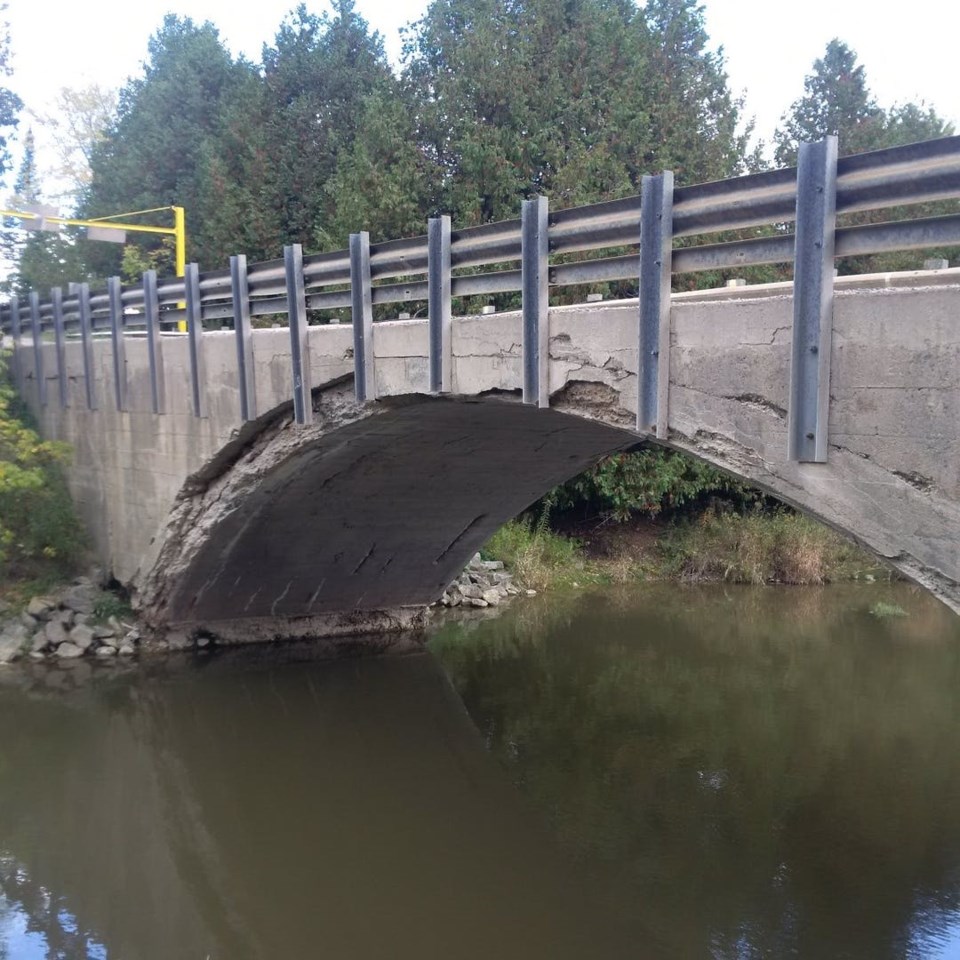COUNTY OF WELLINGTON - The county will be receiving more Ontario Community Infrastructure Fund (OCIF) from the province to support building and rehabilitating roads, bridges, water, and wastewater infrastructures.
In a recent news release from the provincial government, Ontario will be providing an additional $1 billion over the next five years to help build and repair local roads, bridges, water and wastewater infrastructure in small, rural and northern communities.
The multi-year funding is being delivered through OCIF and will bring the government’s total investment to nearly $2 billion over the next five years.
The investment is part of the government’s plan to finance critical infrastructure projects that are projected to result in economic recovery, growth and job creation.
Premier Doug Ford stated in the press release that small, rural and northern communities will be at the forefront of our efforts to build Ontario for the future, and noted that with the investment, the provincial government is saying ‘yes’ to helping small, rural communities build and repair the vital infrastructure they need to keep their communities working for decades to come.
The County of Wellington is expected to continue to use the additional funding for its roads, bridges, culverts, water and wastewater infrastructures.
“It’s something that our rural communities absolutely need, and we work pretty hard to have a balanced budget that tries to draft for the infrastructure gap but at the same time keeping our tax increase as low as possible,” said Warden Kelly Linton in an interview.
“So, anytime the Ontario government comes with the new funding that goes directly to infrastructure, it benefits us and our residents.”
Centre Wellington Township has also been taking advantage of the OCIF funding since 2015 for its roads and bridges rehabilitation project.
“We combine OCIF with the new revenue streams from the bridge rebuilding capital levy and we pool those funding together to rebuild 21 bridges in 8 years. Having additional funds from this revenue source is going to help us to build more bridges and more roads quickly,” said Linton.
However, Linton also noted that OCIF funding will not affect the 2022 budget right now as the county and the townships have not received details from the province regarding how much they will be receiving.
“I mean, it could potentially affect the budget down the road but I know the announcement was just sent, so we don’t know when the money is going to flow. Since we haven’t received those details, we can’t really build it in our 2022 budget. The townships will be done in the next couple of weeks, and the county will be done in January. We won’t have that information in time to make any changes to our current budget,” explained Linton.
Funding allocations will be based on a formula that recognizes the different needs and economic conditions of communities across the province.
Under the formula-based component, eligible recipients will receive annual allocation notices specifying OCIF funding for the calendar year; may accumulate annual formula-based grants for up to five years to address larger infrastructure projects; and are guaranteed to receive a minimum of $100,000 per year.
With the additional investment, starting in 2022, the formula will include an increased funding minimum of $100,000 for all communities per year, up from $50,000 over previous years.



